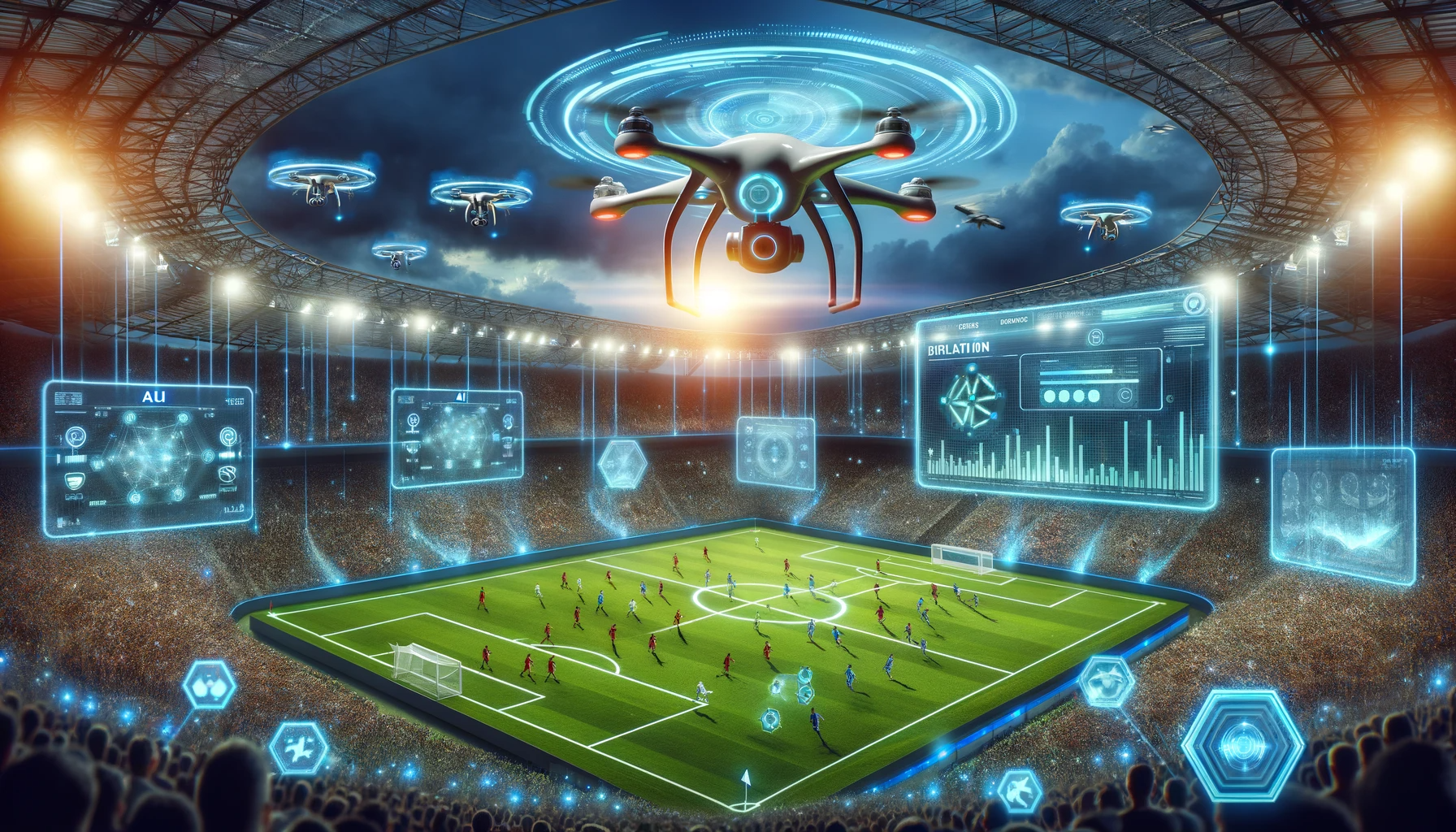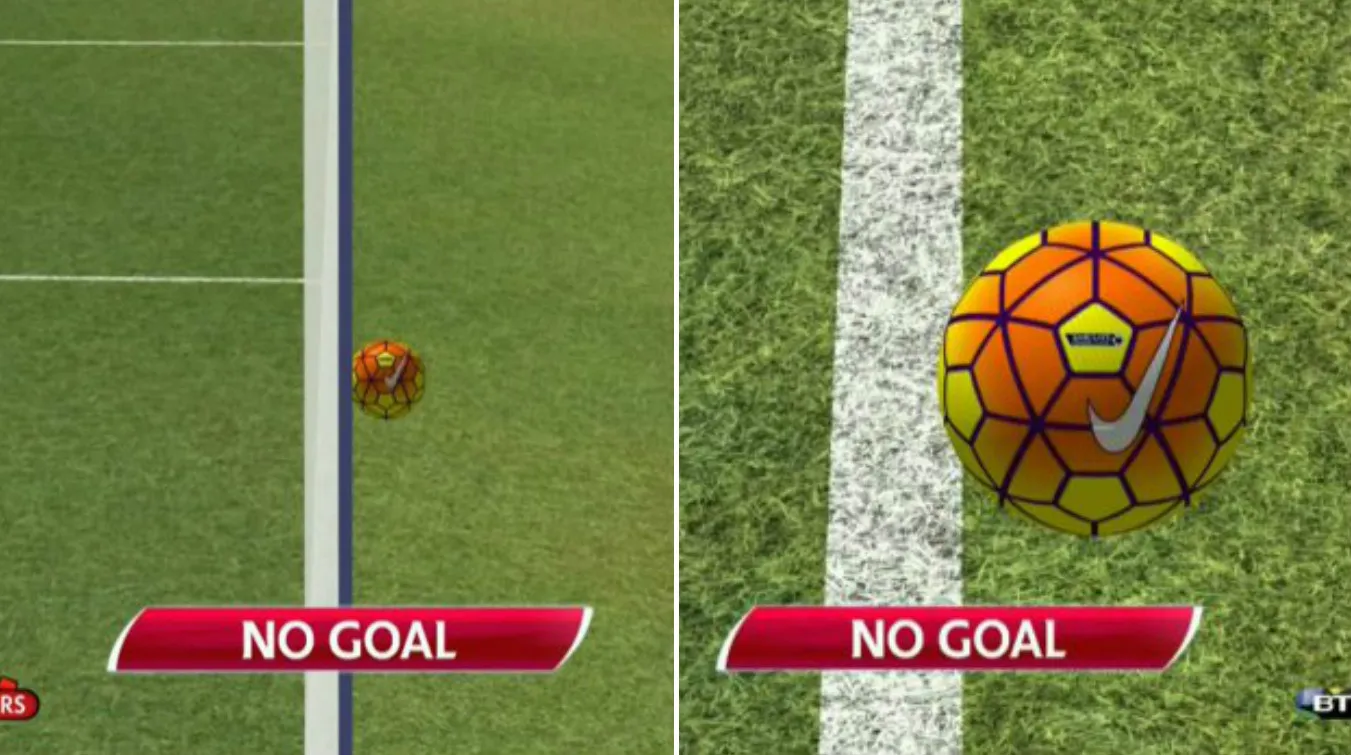Football has always been more than just a game; it’s a blend of art, passion, and strategy. Now, it’s also becoming a showcase for cutting-edge technology, with Artificial Intelligence (AI) leading this transformation. From the training fields of academies like Valetics Soccer Academy to the world’s biggest stadiums, AI is revolutionizing how football is played, analyzed, and enjoyed.
The Evolution of AI in Football
AI’s journey in football is a story of gradual but impactful change:
- Early Days: Initially, AI’s role was limited to gathering basic game statistics. This provided a new perspective on player performance and team dynamics.
- Technological Leap: Advancements in AI technology brought about sophisticated tools for in-depth analytics, aiding in player tracking, and enhancing performance analysis.
- Today’s Integration: AI in football now goes beyond analytics. It’s a vital component in player development, game strategy, and even in enhancing fan experiences. Institutions like Valetics are at the forefront of utilizing these technologies to train young talent.
AI’s Growing Importance in Football
The modern game’s reliance on AI cannot be understated. It’s not just about playing better football; it’s about smarter, more strategic, and more engaging football. Here’s how AI is making its mark:
- Performance and Health: AI is pivotal in monitoring and enhancing player performance and health, a key focus at academies like Valetics.
- Tactical Edge: Coaches and analysts are using AI for in-depth tactical insights, helping teams gain a competitive edge.
- Smarter Recruitment: AI algorithms assist in scouting and recruiting the right talent, a practice adopted by leading academies, including Valetics.
The introduction of AI in football marks a new era where technology enhances the beauty of the game. Academies like Valetics Soccer Academy are not just witnessing this transformation; they are active participants, using AI to nurture the next generation of football talent. As AI continues to evolve, its role in enriching and advancing the sport is undeniable, promising a future where football is more exciting, strategic, and accessible than ever before.





